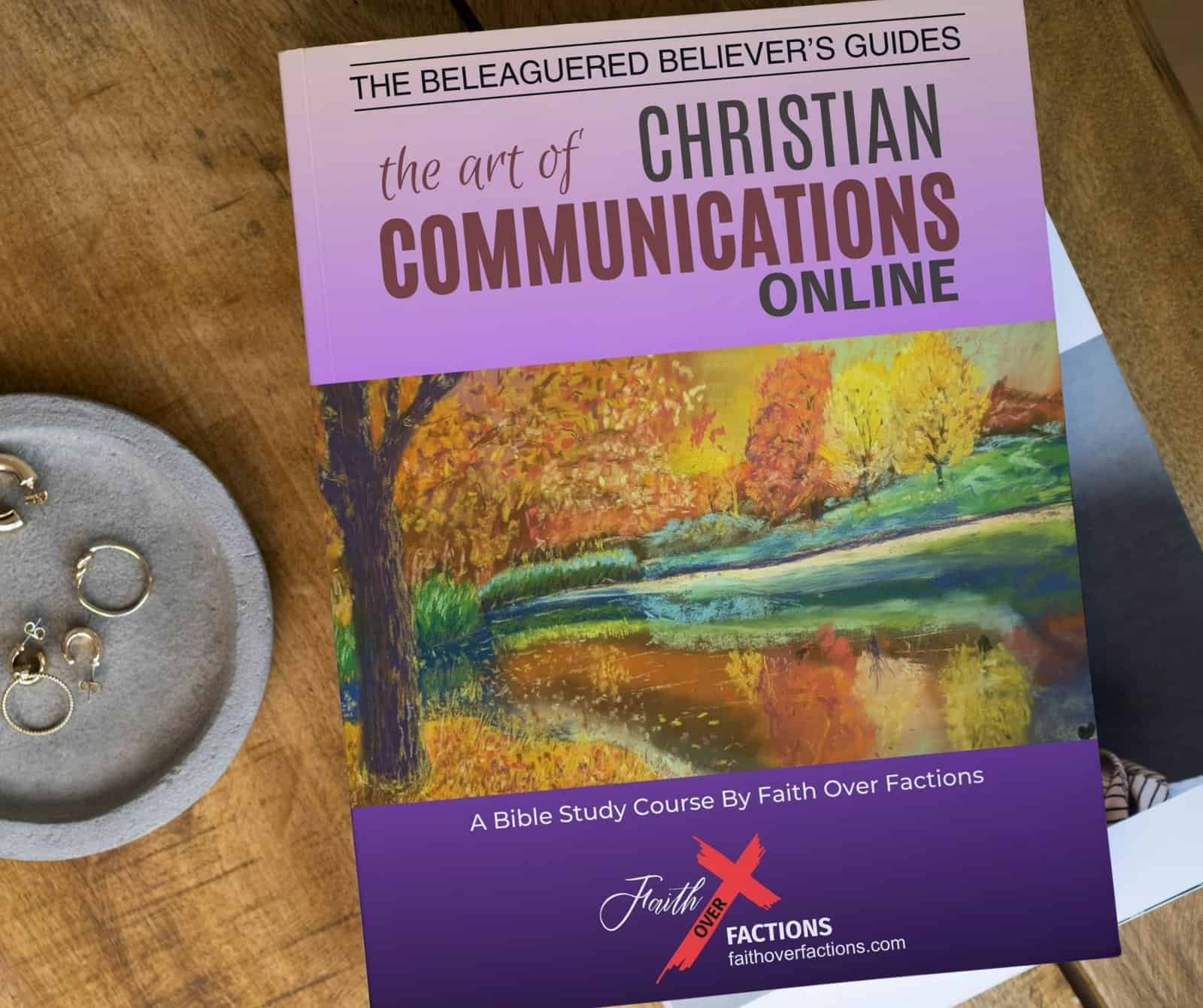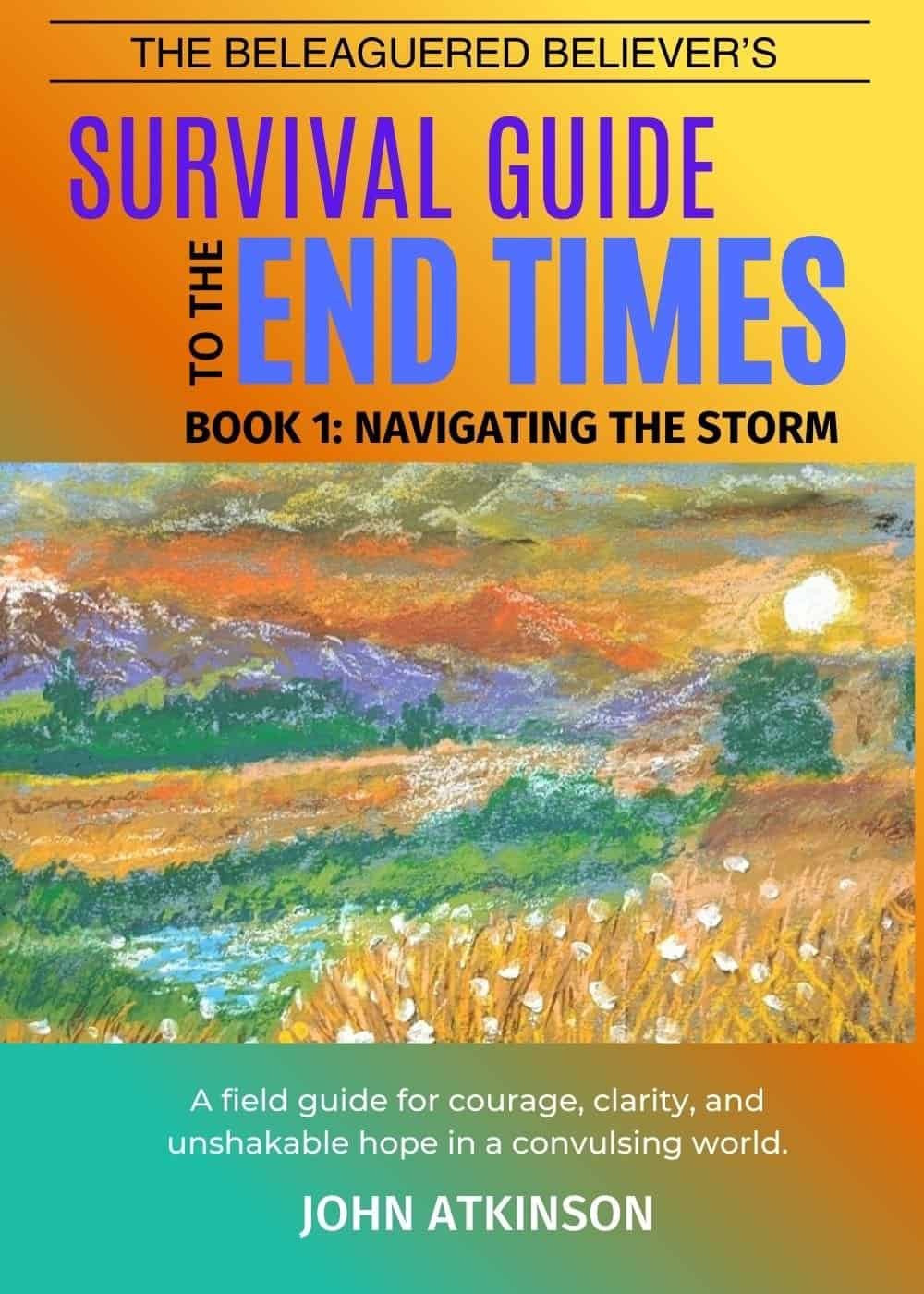
Where Do We Stand?
The biblical mandate for justice and compassion is not a slogan but a summons. When justice bends and compassion grows cold, where do God’s people stand?
Headlines flood our screens with cruelty, inequality, and neglect. A refugee child shivers in a crowded shelter. An elderly diabetic rations insulin because their healthcare was taken by heartless policy. A weary worker counts pennies at the gas pump. A school girl goes hungry because a lunch program was cut to deliver tax breaks to the wealthy. A prisoner waits for years, forgotten behind bars. These images linger, and they raise the same haunting question: What does the Lord require of us in such a time as this?
This reflection is not about politics or charity. It is about obedience. God calls His people to rise, to speak, and to act with love that costs something.
Anchor in the Word
Key Verse
"No, O people, the Lord has told you what is good, and this is what he requires of you: to do what is right, to love mercy, and to walk humbly with your God."
Micah 6:8 (NLT)He has told you, O man, what is good;
And what does the Lord require of you
Except to be just, and to love [and to diligently practice] kindness (compassion),
And to walk humbly with your God [setting aside any overblown sense of importance or self-righteousness]?
Key Verse Context
Micah lived in a society riddled with corruption, economic exploitation, and spiritual hypocrisy. God’s people offered sacrifices, but their lives told another story. This verse is not a suggestion. It is a divine directive: act justly, love mercy, and walk humbly. It is both an invitation and a rebuke. Here we see the heart of the biblical mandate for justice and compassion made plain.
What We’re Facing
When Justice Becomes Optional
Injustice feels ordinary in our world. Compassion is treated as weakness. Racism, poverty, neglect of immigrants, and the exploitation of the poor are built into systems that reward power and punish vulnerability. Too often, those who bear Christ’s name remain silent.
Micah’s words cut through our excuses: Do what is right, love mercy, walk humbly. Passive belief is not biblical faith. Jesus healed the sick, defended the oppressed, and confronted hypocrisy. To follow Him means opening our eyes to the suffering around us. That is part of the biblical mandate for justice and compassion we are called to live out.
Then and Now — Drawing Parallels
In Micah’s day, religion was noisy while justice was silent. People filled the temple courts, but ignored the cries of the poor. Sacrifice became a substitute for righteousness. Micah reminded them that God was not impressed by ritual without compassion.
Our own day echoes this same disconnect. We hear leaders speak of faith while blessing systems that crush the weak. We watch churches defend power instead of protecting the vulnerable. Yet God’s standard has not changed. His call to justice is not cultural. It is eternal. His people today must take the biblical mandate for justice and compassion seriously, just as the prophets once did.
Theological Truth in Plain Language
God’s justice is not a cold principle. It flows from His heart. It is relational, personal, and life-giving.
“For the Lord is righteous, he loves justice; the upright will see his face.” (Psalm 11:7, NLT)
“Be merciful, just as your Father is merciful.” (Luke 6:36, NLT)
We are not called to balance mercy and justice as if they oppose each other. We are called to live them together. Justice without mercy becomes rigid legalism. Mercy without justice becomes shallow sentiment. Held together, they reflect God’s heart.
As theologian N.T. Wright explains, *“God’s justice is not simply a blind weighing of scales but a passionate love for the righting of wrongs.”*¹ This passion is at the center of the biblical mandate for justice and compassion.
Practical Moves of Faith
Prayer Prompt: Lord, open my eyes to the places where You are calling me to act. Help me to move from belief to practice, and to embody Your justice and mercy today.
1. Name the Compromise
Where have you stayed silent? Have you turned away from injustice because it felt uncomfortable or distant? Many of us become complicit not through cruelty, but through inaction. Naming compromise is not about guilt. It is about clarity. Until we face our silence, we cannot walk with integrity.
2. Return to the Word
Micah 6:8 is not a slogan for a bumper sticker. It is a roadmap for daily life. Open your Bible. Let the words do what is right, love mercy, and walk humbly confront you. What would it look like to act on those words in your community today? Return often. Let Scripture shape your vision and fuel your courage. This is the living guide to the biblical mandate for justice and compassion.
3. Take a Costly Stand
Justice is never abstract. It takes form in choices. Are you willing to risk reputation, comfort, or convenience to side with the vulnerable? Standing with the oppressed may isolate you. It may cost influence. Yet Christ’s own life was marked by costly compassion. Where is God asking you to take a stand, even if it costs something?
4. Ask God for Courage
Justice work feels heavy, and it is. But you are not asked to carry it alone. Pray honestly: “God, I am afraid. I am weary. Give me courage to live Your heart.” Courage is not born from confidence. It begins with surrender.
5. Join Others in the Work
You are not called to labor in isolation. Justice grows in community. Find those who reflect God’s heart. Serve with them. Learn from them. Encourage one another. Shared effort strengthens compassion and sustains energy.
6. Let Justice Shape Your Daily Life
Justice is not limited to public protest. It is woven into the way you speak, spend, post, and treat others. How do you speak to the cashier? How do you respond to the homeless neighbor? How do you use your words online? Justice begins with faithful small steps that ripple outward.
More Light for the Journey
“Learn to do good. Seek justice. Help the oppressed. Defend the cause of orphans. Fight for the rights of widows.” (Isaiah 1:17, NLT)
→ Justice is a command to act, not an idea to admire.
“Speak up for those who cannot speak for themselves; ensure justice for those being crushed.” (Proverbs 31:8-9, NLT)
→ Silence often becomes complicity. God calls us to advocacy.
“Instead, I want to see a mighty flood of justice, an endless river of righteous living.” (Amos 5:24, NLT)
→ Justice should flow like a river, not drip like a leak.
“…whatever you did for one of the least of these brothers and sisters of mine, you were doing it to me!” (Matthew 25:40, NLT)
→ When we act with mercy, we meet Jesus Himself.
Living the Biblical Mandate for Justice and Compassion
Justice is not an accessory to faith. It is its expression.
Micah’s words are not distant poetry. They are God’s call to live differently in a world that prizes indifference. Doing what is right means confronting injustice, even when it is woven into the systems we benefit from. Loving mercy means showing up for people who cannot repay us. Walking humbly means surrendering the need to be right, safe, or comfortable.
This work is not easy, but it is holy.
You may not be called to change the world, but you are called to be faithful where you are planted. Every act of mercy, every courageous truth spoken, every unjust system challenged with love matters. Heaven sees it. God honors it.
And you do not walk alone.
You walk with Christ, the servant who touched lepers, welcomed outsiders, and overturned tables of corruption. You walk with prophets who refused to stay silent. You walk with a global church that has carried Micah’s summons through the centuries.
This is the biblical mandate for justice and compassion we are called to carry into our workplaces, families, and communities.
Call to Action
Where is God stirring your spirit right now?
Take one small, faithful step today. Share it. Your story may be the spark that gives someone else courage to act.
Post your reflections using #JusticeAndMercy or join the conversation on our blog. The walk is long, but we walk together.
Journaling Prompt: Justice That Costs Something
Prayer Prompt: Spirit of God, search my heart. Show me where You are inviting me to grieve, to hope, and to act. Give me honesty as I write and courage to follow through.
Where have I chosen comfort over conviction?
When have I experienced God’s heart for justice personally?
What breaks my heart, and is it God’s burden too?
What fears keep me from speaking or acting?
- What one step can I take this week to practice justice and mercy?
¹ N.T. Wright, Evil and the Justice of God, IVP Books, 2006.
Read Also: Recognizing the Chains: A Christian Response to Injustice







